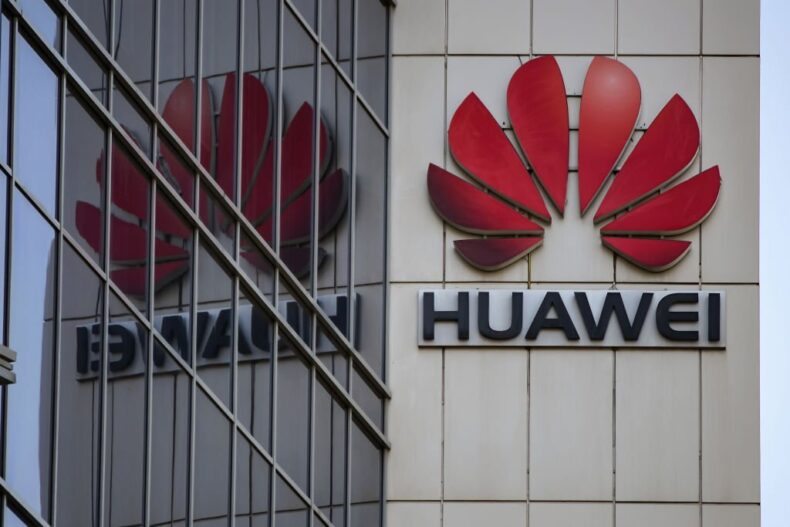Huawei’s Chief Financial Officer, Meng Wanzhou, shared her insights on the difficulties of implementing 5G technology in business during her keynote session at the Shanghai Mobile World Congress. Despite the challenges, she emphasised the potential benefits of 5G for consumption and the economy.
Huawei has been actively exploring opportunities to offer cloud services to various industries, such as mining and finance. This article discusses company’s perspective on the challenges of 5.5G deployment, its cloud computing business, the readiness of Chinese companies for 5G adoption, and the impact of geopolitical factors on Huawei’s operations.
The Challenges of Applying 5G Technology to Business
Meng Wanzhou acknowledged that implementing 5G technology in the business sector has proven to be more challenging than anticipated. Beyond the expected benefits of faster mobile connections, 5.5G promises to transform industries such as transportation and manufacturing with features like self-driving vehicles and factory automation. However, the complexities of integrating 5G into existing infrastructures and systems have been underestimated.
She mentioned specific examples of technical hurdles faced by businesses, such as the need for extensive infrastructure upgrades and the interoperability challenges of integrating 5G networks with legacy systems.
Meng also highlighted the importance of addressing security concerns and developing robust data protection measures to ensure trust and privacy in 5G-enabled business applications.
Huawei’s Cloud Computing Business and Revenue
Recognising the growing demand for cloud services, Huawei has made significant efforts to expand its cloud computing business. By targeting specific industries such as mining and finance, Huawei aims to provide tailored solutions that address their unique requirements.
The benefits that Huawei’s cloud services bring to these industries include increased operational efficiency, cost savings, and enhanced data analytics capabilities. Additionally, it can explore the strategies that Huawei employs to differentiate its cloud offerings from competitors, such as leveraging its networking and telecommunications technologies expertise.
The inclusion of case studies showcasing successful cloud deployments in these industries can provide concrete examples of company’s impact. Huawei‘s dedication to overcoming these challenges and its focus on cloud services for specific industries have positioned the company for growth and innovation.
Chinese companies’ readiness to adopt 5G showcases their commitment to technological advancement and presents opportunities for collaboration and market expansion.
Chinese Companies’ Readiness for 5G Adoption
The readiness of Chinese companies to embrace 5G technology can be further examined. The giant highlighted examples of Chinese businesses that have successfully implemented innovative 5G applications, demonstrating their eagerness to leverage the technology’s potential.
It can discuss government initiatives and policies aimed at accelerating 5G adoption, fostering collaboration between industry stakeholders, and creating an enabling environment for digital transformation.
Additionally, explore the investments made by Chinese companies in research and development to drive technological advancements and gain a competitive edge in the global 5G market. The potential impact of Chinese companies’ adoption of 5G on international markets, as they may serve as models for other businesses worldwide.
Huawei’s Position Amidst Bans and Meng Wanzhou’s Return
The geopolitical challenges faced by Huawei can be examined in more detail. The article can provide an overview of the bans imposed on Huawei by countries like the U.S., U.K., and Australia, citing national security concerns. It can explore the implications of these bans on Huawei’s ability to participate in 5G network deployments and international collaborations.
Meng Wanzhou’s return to China after her prolonged detention in Canada, discussing the potential impact on the company’s leadership and strategic direction. Furthermore, it can touch upon Huawei’s efforts to navigate the bans, such as diversifying its business offerings and exploring new markets.
The inclusion of expert opinions and insights on the geopolitical landscape and its effects on Huawei’s operations can provide a comprehensive analysis. Meng Wanzhou’s keynote session at the Shanghai Mobile World Congress shed light on the challenges and opportunities associated with applying 5G technology to businesses.
However, the geopolitical landscape and bans imposed on Huawei continue to pose obstacles to its global ambitions. As Huawei navigates these challenges, it remains determined to contribute to the ongoing development and deployment of 5G technology worldwide, while also diversifying its business offerings to adapt to evolving market dynamics.













